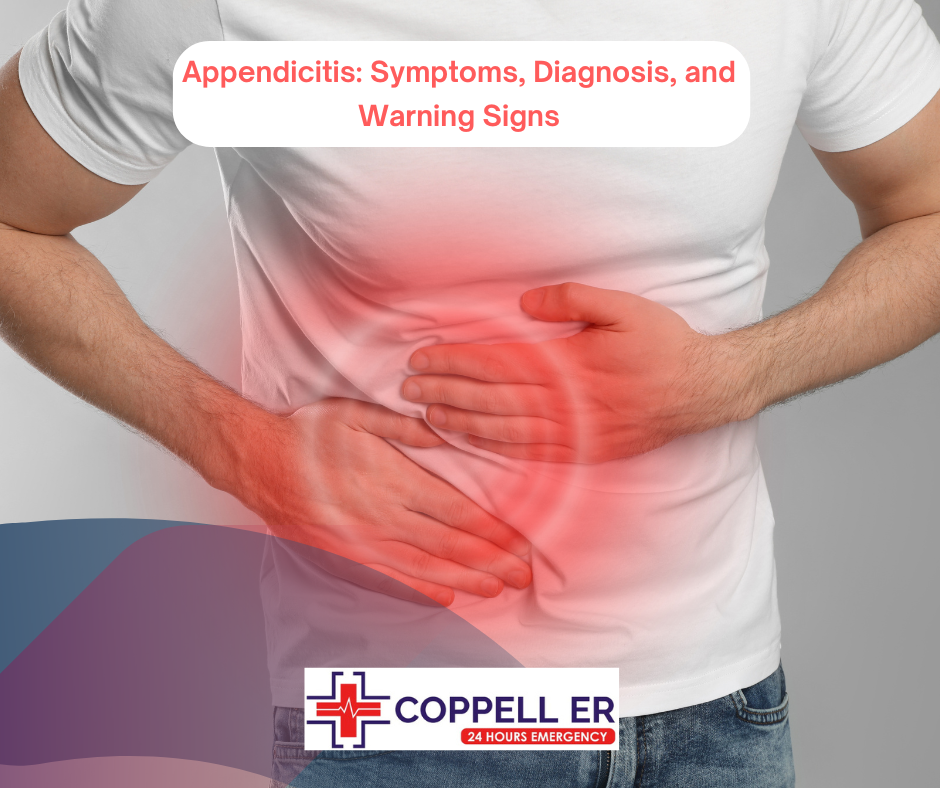Chronic Appendicitis: Causes, Symptoms, and Treatment

Introduction
Many people are familiar with acute appendicitis, a sudden and severe condition requiring emergency surgery. However, chronic appendicitis is a lesser-known, persistent form of appendicitis that causes recurring abdominal pain and discomfort. Although not as urgent as acute appendicitis, it still requires medical attention to prevent complications.
What is Chronic Appendicitis?
Chronic appendicitis is a long-term inflammation of the appendix, leading to intermittent pain and digestive issues. Unlike acute appendicitis, which progresses rapidly and often requires immediate surgery, chronic appendicitis develops slowly, with symptoms that come and go over weeks, months, or even years.
Causes of Chronic Appendicitis
Several factors can contribute to chronic appendicitis, including:
-
Partial blockage of the appendix by stool, foreign objects, or tumors
-
Low-grade infections that persist over time
-
Previous episodes of appendicitis that did not fully resolve
-
Inflammatory bowel diseases (IBD), such as Crohn’s disease
-
Scarring or narrowing of the appendix from past infections
Common Symptoms of Chronic Appendicitis
1. Recurring Abdominal Pain
Mild to moderate pain in the lower right abdomen that flares up periodically.
2. Nausea and Digestive Discomfort
Frequent nausea, bloating, and a feeling of fullness after eating.
3. Changes in Bowel Movements
Chronic constipation or diarrhea may be linked to appendix inflammation.
4. Low-Grade Fever
Mild fever that persists over time can be a sign of underlying infection.
5. Fatigue and General Discomfort
Ongoing inflammation may cause general weakness and tiredness.
Diagnosis of Chronic Appendicitis
1. Physical Examination
Doctors assess tenderness in the lower right abdomen.
2. Blood Tests
Elevated white blood cell count may indicate infection.
3. Imaging Tests
-
Ultrasound: Helps detect inflammation in the appendix.
-
CT Scan: Provides a detailed image of the appendix.
-
MRI: Used to confirm the diagnosis when other tests are inconclusive.
Treatment Options
1. Antibiotics
In mild cases, antibiotics may help reduce inflammation.
2. Surgery (Appendectomy)
A laparoscopic appendectomy is the most effective way to prevent recurrent episodes.
3. Lifestyle Changes
-
Eating a fiber-rich diet
-
Staying hydrated
-
Managing digestive health with probiotics
When to Seek Medical Help
Visit ER of Coppell immediately if you experience:
-
Sudden and severe abdominal pain
-
A high fever
-
Vomiting and loss of appetite
-
Worsening symptoms over time
FAQs
1. How long can chronic appendicitis last?
It can persist for months or even years with recurring symptoms.
2. Can chronic appendicitis turn into acute appendicitis?
Yes, a chronic case can develop into an emergency situation.
3. Is surgery always required for chronic appendicitis?
Not always, but it is the most effective long-term treatment.
4. Can chronic appendicitis be misdiagnosed?
Yes, it is often mistaken for IBS, Crohn’s disease, or other digestive disorders.
5. Does diet affect chronic appendicitis?
A healthy diet may help manage symptoms but does not cure the condition.
- Questions and Answers
- Opinion
- Motivational and Inspiring Story
- Technology
- Live and Let live
- Focus
- Geopolitics
- Military-Arms/Equipment
- الحماية
- Economy
- Beasts of Nations
- Machine Tools-The “Mother Industry”
- Art
- Causes
- Crafts
- Dance
- Drinks
- Film/Movie
- Fitness
- Food
- الألعاب
- Gardening
- Health
- الرئيسية
- Literature
- Music
- Networking
- أخرى
- Party
- Religion
- Shopping
- Sports
- Theater
- Health and Wellness
- News
- Culture

